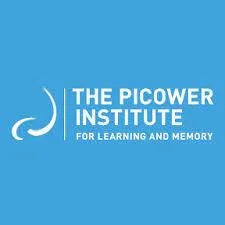Harnessing Creativity to Heal & Unwind the Body & Mind w/ DR. JULIA CHRISTENSEN - Highlights
/Neuroscientist · Fmr. Dancer
Author of The Pathway to Flow: The New Science of Harnessing Creativity to Heal and Unwind the Body & Mind
The state of being in flow and seeking out that state, sort of disappearing from the here and now... it must have been something that has been part of human cultures for many millennia. We know that, for example, dancing can bring you into these states. And we know from many anthropological works that people dance themselves into trance, a type of flow. So, there is that flow in this scientific sense of a state of well-being. And we will speak about what that does to our brain and our broader wellbeing, but also the flow in what cues enter into our senses. So that would be a scientific field that looks at brain synchrony, physiology synchrony, these waves that we see that sort of connect with us.














